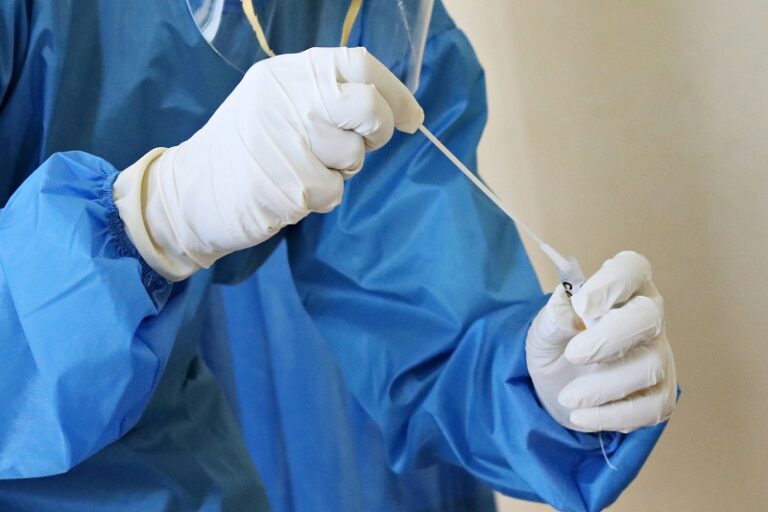The Intersection of Medicine and Law
Medical expertise often plays a crucial role in the complex world of legal proceedings. When health-related issues are at the center of a case, courts rely on the knowledge and experience of medical professionals to provide clarity and insight. This intersection of medicine and law creates a unique and important field where healthcare providers can contribute their expertise to the justice system.
The Role of Medical Experts in Legal Cases
Medical experts serve as vital witnesses in a wide range of legal matters, including:
- Personal injury claims
- Medical malpractice suits
- Workers’ compensation cases
- Disability evaluations
- Criminal proceedings
These professionals bring their specialized knowledge to bear on complex medical issues, helping judges and juries understand the technical aspects of a case. Their testimony can be decisive in determining the outcome of legal proceedings.
Qualities of Effective Medical Expert Witnesses
Not all healthcare providers are suited to serve as expert witnesses. The most effective medical experts possess a unique combination of qualities:
- Deep knowledge of their field
- Strong communication skills
- Ability to explain complex concepts in simple terms
- Objectivity and impartiality
- Confidence under cross-examination
- Professional demeanor
These qualities enable medical experts to provide clear, credible testimony that can withstand rigorous scrutiny in a courtroom setting.
The Process of Medical Expert Testimony
Preparation
Before taking the stand, medical experts undergo extensive preparation. This process typically involves:
- Reviewing case materials and medical records
- Conducting independent research
- Preparing a written report
- Discussing the case with attorneys
- Practicing testimony and cross-examination
Thorough preparation ensures that the expert is ready to provide accurate, coherent testimony when called upon.
Testifying in Court
When testifying, medical experts must:
- Explain medical concepts clearly and concisely
- Provide opinions based on their expertise and the facts of the case
- Respond effectively to questioning from both sides
- Maintain professionalism and composure throughout the proceedings
Communicating complex medical information in an understandable way is crucial for effective testimony.
Types of Cases Requiring Medical Expert Testimony
Medical experts are called upon in various legal scenarios:
Case Type | Role of Medical Expert |
Personal Injury | Assess injuries, treatment, and long-term effects |
Medical Malpractice | Evaluate standard of care and potential negligence |
Workers’ Compensation | Determine work-related injuries and disabilities |
Criminal Cases | Provide insights on forensic evidence or mental health |
The expert’s testimony can significantly influence the case’s outcome in each of these situations.
Challenges Faced by Medical Expert Witnesses
Serving as a medical expert witness comes with its own set of challenges:
- Balancing clinical practice with court appearances
- Maintaining objectivity in emotionally charged cases
- Simplifying complex medical concepts for a lay audience
- Dealing with aggressive cross-examination
- Staying current with evolving medical knowledge and legal standards
Overcoming these challenges requires dedication, skill, and ongoing professional development.
The Impact of Medical Expert Testimony
The testimony of medical experts can have far-reaching effects:
- Influencing jury decisions and case outcomes
- Setting precedents for future cases
- Shaping public policy and legislation
- Improving patient safety and healthcare practices
By bridging the gap between medicine and law, expert witnesses contribute to pursuing justice and advancing healthcare standards.
Ethical Considerations for Medical Expert Witnesses
Medical professionals serving as expert witnesses must adhere to strict ethical guidelines:
- Providing honest and unbiased testimony
- Avoiding conflicts of interest
- Maintaining patient confidentiality
- Staying within their area of expertise
- Disclosing any potential biases or limitations
Adhering to these principles ensures the integrity of the legal process and maintains public trust in the medical profession.
The Future of Medical Expert Testimony
As medicine and law continue to evolve, so too will the role of medical expert witnesses. Emerging trends include:
- Increased use of technology in presenting medical evidence
- Growing demand for specialized expertise in niche medical fields
- Greater scrutiny of expert qualifications and testimony
- Expansion of alternative dispute resolution methods involving medical experts
These developments will shape the landscape of medical expert testimony in the years to come.
Selecting the Right Medical Expert
Choosing the right expert is crucial for legal professionals and individuals involved in cases requiring medical expertise. Factors to consider include:
- Relevant qualifications and experience
- Track record in similar cases
- Communication skills and ability to explain complex concepts
- Availability and responsiveness
- Professional reputation and credibility
Many turn to physician expert witness services to find qualified professionals who can provide the necessary expertise for their cases.
Preparing for a Career as a Medical Expert Witness
Healthcare professionals interested in serving as expert witnesses can take several steps to prepare:
- Develop a strong foundation in their medical specialty
- Gain experience in clinical practice
- Stay current with medical literature and research
- Pursue additional training in legal terminology and courtroom procedures
- Network with legal professionals and expert witness organizations
By investing in these areas, medical professionals can position themselves as valuable resources in the legal system.
Closing Thoughts
The role of medical expert witnesses in legal proceedings is both challenging and rewarding. These professionals play a vital part in ensuring that complex medical issues are clearly understood in the courtroom, contributing to fair and informed legal decisions. As the fields of medicine and law continue to intersect, the importance of qualified medical experts in the legal system will only grow.






